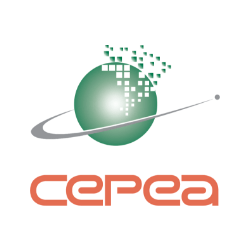[ad_1]
Cepea, December 6, 2023 – Wheat prices were fading in Brazil at the end of November, after rising expressively during the month. According to Cepea surveys, recent decreases are attributed to the supply of wheat from Argentina, which is more competitive in Brazil – new volumes are expected by January. Moreover, buyers are showing less interest in purchasing new quantities, due to the proximity of the end of year. Growers, in turn, are offering low volumes, expecting higher prices next year.
Based on data from Conab (Brazil’s National Company for Food Supply), between November 20 and 24, the import parity price for the wheat from Argentina delivered to Paraná state was at USD 256.90/ton. Considering the average of the US dollar in that period, at BRL 4.8865, the wheat imported was sold at BRL 1,255.36/ton, while for the Brazilian wheat traded in Paraná, the average was higher, at BRL 1,333.46/ton, according to data from Cepea. In Rio Grande do Sul, the price of the product from Argentina closed at USD 240.27/ton, which accounts for BRL 1,174.06/ton – against BRL 1,241.20/ton on the average of the state calculated by Cepea.
Data from Cepea show that, in Rio Grande do Sul, the monthly average in November closed at BRL 1.204.65/ton, 11.5% higher than that from October, but a steep 25.2% down from that in November/22. In Paraná, the average in November closed at BRL 1,263.13/ton, 22.1% higher in the monthly comparison, but 31.1% down in one year, in nominal terms.
According to Conab, the harvest in Brazil reached 96.5% until November 25. In Rio Grande do Sul, Emater indicates that the harvest totaled 98% of the area up to Nov. 30.
In Paraná, Seab/Deral says that wheat production in Paraná totaled 3.65 million tons, down 980 thousand tons compared to the previous estimative, due to the excessive rainfall in that state this year (El Niño) – rains also affected the quality. Still, the production was 4% superior to that in previous crop (3.52 million tons), favored by the higher area.
(Cepea-Brazil)
[ad_2]
Fonte: Cepea

